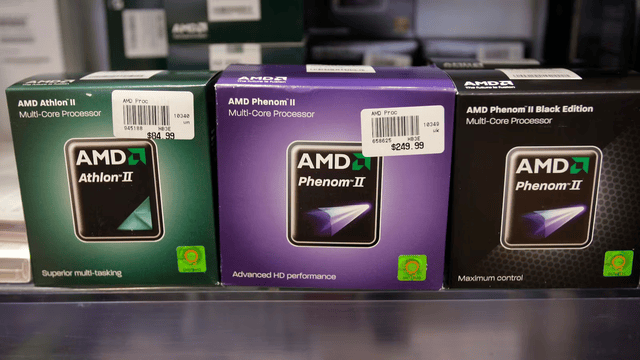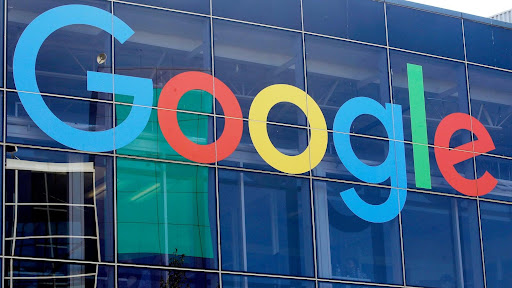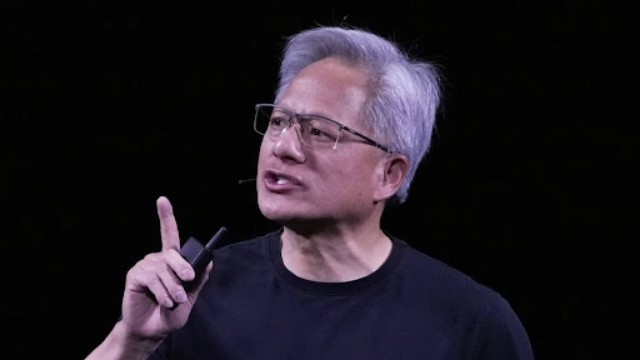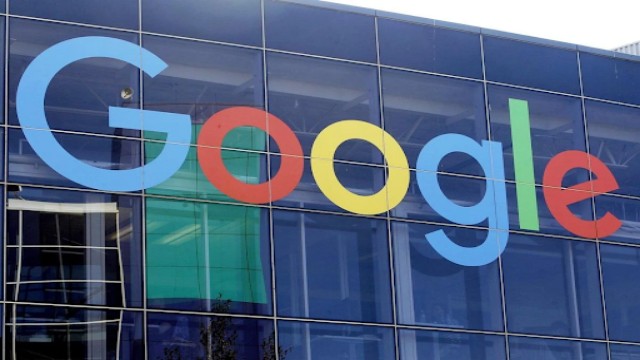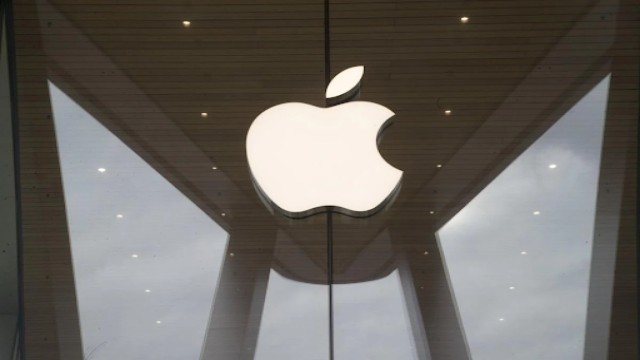
Alexandr Wang, founder and CEO of Scale AI, is seen in a photo taken at the company’s San Francisco office (Photo: Jeff Chiu/AP, File)
Meta has made a major move in the world of artificial intelligence. The company announced a $14.3 billion investment in AI startup Scale and welcomed its CEO, Alexandr Wang, to join Meta’s high-level "superintelligence" project. This strategic step reflects Meta’s plan to boost its AI capabilities and catch up with powerful competitors like Google and OpenAI.
The announcement came on Thursday, revealing that Meta now holds a 49% stake in Scale, while the startup will continue to operate independently. Despite stepping down as CEO, Wang will remain on Scale’s board of directors. Jason Droege, who previously worked at Uber Eats and Axon, will take over as interim CEO.
This move is part of Meta CEO Mark Zuckerberg’s renewed focus on building superintelligence — a term he uses for advanced, human-like AI. It’s a shift similar to past trends in tech, where companies snapped up rising talent from smaller startups to push forward their AI goals. Microsoft did it with Inflection AI’s team, and Amazon struck a deal with Adept to bring in its CEO and key developers.
Wang’s journey is a tech-world story in itself. At just 19, while studying at MIT, he co-founded Scale with Lucy Guo in 2016. After being accepted into the Y Combinator accelerator — then run by OpenAI’s Sam Altman — Wang dropped out to focus on Scale full-time, much like Zuckerberg did when he left Harvard to build Facebook.
Initially, Scale focused on labeling data for AI models — like marking objects in images to train self-driving cars. It quickly became a key service provider for companies like General Motors and Toyota. Later, as AI advanced and large language models (LLMs) like ChatGPT and Meta’s own LLaMA took off, Scale shifted to refining and testing those models’ data. Today, it supports nearly all leading LLMs, including those from Meta, OpenAI, Microsoft, and Anthropic.
However, with Meta's significant stake, it's unclear how Scale will manage its relationships with other tech giants going forward.
Wang also built strong ties with the U.S. government, securing Pentagon contracts and hiring key figures from former President Trump’s tech team. Meanwhile, Meta has started offering AI services to federal agencies as well.
Unlike Google and OpenAI, Meta has opted for an open-source strategy. It offers its LLaMA models free to developers, though it's still viewed as trailing in the race to win everyday users with AI tools. Its newest model, LLaMA 4 Behemoth, is yet to launch, even after Meta showcased it in April as their most advanced AI yet.
Yann LeCun, Meta’s chief AI scientist and a pioneer in the field, has voiced doubts about large language models being the future of true intelligence. He believes AI should do more — understand the real world, think long-term, and make decisions — something current LLMs don’t fully offer.
LeCun co-founded Meta’s AI lab over a decade ago. Recently, his old partner, Rob Fergus returned from Google to lead Meta’s research division, reinforcing the company’s commitment to building AI systems that rival human thinking.
With this latest move, Meta appears more determined than ever to shape the future of AI — not just for chatbots, but for creating machines that can think and learn like us, or even better.




